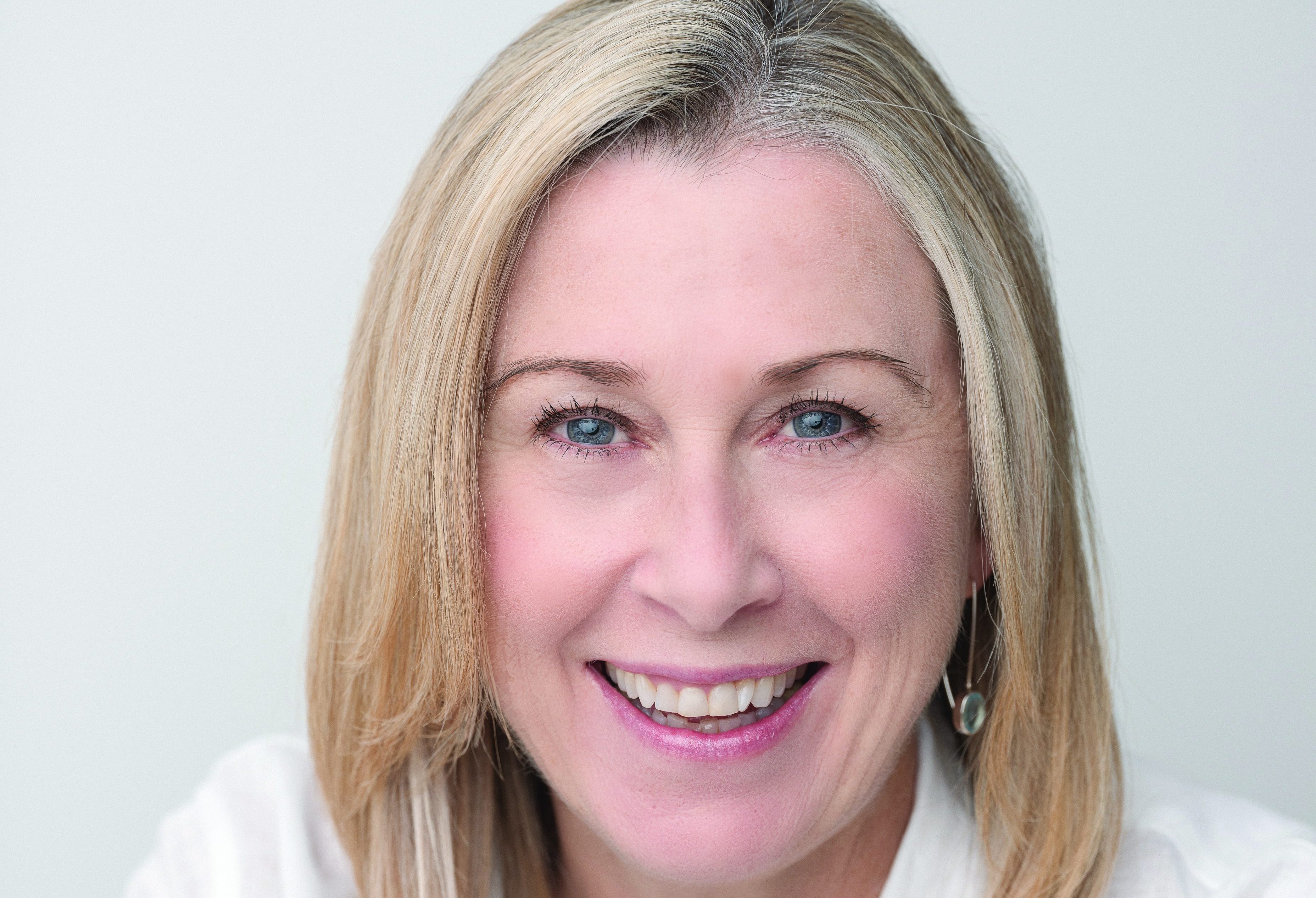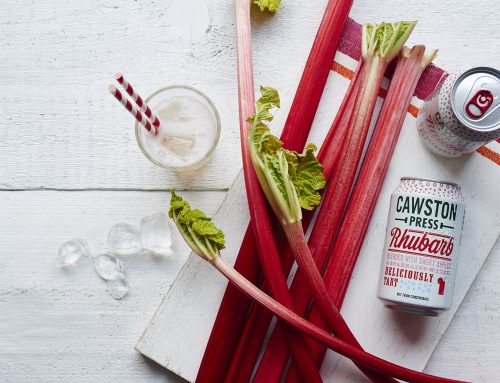Former Sky News producer & relationship expert Vivian McGrath on the lessons of poisonous passion.
‘If I can’t have you, no one can’
hese were the words Berlinah Wallace said to her boyfriend Mark Van Dongen. Before pouring sulphuric acid over him.
In the attack, Van Dongen suffered 25% burns. He lost a leg, his left eye and most of the sight in his right. He was also paralysed. Fifteen months later Van Dongen died in a voluntary euthanasia clinic. He said he couldn’t face a life of pain – both physical and psychological.
Despite it being medically-assisted suicide, Wallace was charged with his murder. The acid attack had led to his death, argued prosecutors successfully, earlier this year.
“If I can’t have you, no one can”
I’ve heard these words myself, when I was in a violent relationship. The cycle of abuse is complex and to the outsider makes no sense at all. Van Dongen told colleagues Wallace had been violent towards him. He’d started seeing another woman. Yet, the day before the attack Van Dongen and Wallace exchanged these texts:
Van Dongen said: “I love you, I always have. I’m truly sorry for what I’ve done, we need to work on our relationship. You and me are meant to be. I’ve always known that. I will treat you as you deserve to be treated. You are my princess.”
Wallace replied: “It means a lot hearing these words. You are the love of my life. God does not make a mistake in this. I love you with all my heart.” Hours later she attacked that ‘love of her life’. I’m sure you’ve seen those relationships where one minute it’s like fireworks. There’s jealousy and rages. The next, passionate declarations of undying love.
Here’s how it works. Many of us mistake this intensity for love. But toxic relationships are anything but loving. For narcissists and those who abuse us, it’s about possession and control.
Narcissists will say one thing and do another. When you first meet them you feel amazing in their presence. They’ll tell you everything you want to hear. But soon they start to show you their darker side. Manipulation and lies. Their actions don’t match their words.You get sucked into a cycle of chaos and drama. They set unwritten rules – for you only. Just when you think you’ve got them figured out, they shift the goal posts. You’re left walking on eggshells again.
Gaslighting is a common theme. If you question them about their abusive behaviour, you’ll be met with: ‘That didn’t happen’. ‘You’re exaggerating it’ or ‘you’re too sensitive’.
Van Dongen’s words are similar to what many of us then say next. In the face of violence or emotional abuse, we try to prove our love more. We forgive them for it and instead change our own behaviour to keep the peace: ‘I’ll treat you as you deserve to be treated’ he says, taking responsibility for the relationship. He makes her the centre of his world again. His ‘Princess’.
We believe when we’re told it’s our fault. We take the blame. We do everything to keep our abuser happy. This is because we have so much empathy we put a narcissists needs and wellbeing above our own. That’s exactly the type of person they need.
They seek those of us with low self-esteem. If we have little self-worth, we’ll attract those who treat us as unworthy. Having hooked us in with the intense high at the start, like addicts we chase that loving side of them, even after they’ve hurt us. Only they can make us feel good about ourselves again.
We confuse addiction to a toxic relationship with love. But what it is, is familiarity. We’re replicating scenes from childhood issues when our emotional needs weren’t met. We’re used to dysfunction, it feels normal to us. A narcissist will never be able to fulfil our emotional needs either. We can change ourselves and chase their good side forever, it will never come.
We’re addicted to chaos and drama, as we’re afraid to be still. We’re too scared to face the truth. It’s us who needs saving. ‘If I can’t have you, no-one can’ is a threat to be taken seriously. 75% of murders and injuries happen when a victim has left or is in the process of leaving an abusive partner. If you plan to leave get help and support and plan to exit safely.
National Domestic Violence Helpline: 0808 2000 247 Women’s Aid: www.womensaid.org.uk
www.beingunbeatable.com/vivian-mcgrath




